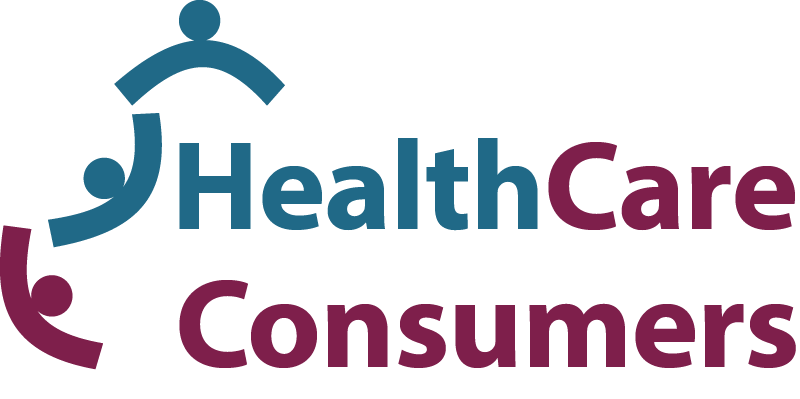Publications
Forum: Guiding the Delivery of Health Care in the ACT 2023-2033
14 November 2023
By Kate Gorman
“Are you here for the bingo, love?” a Southern Cross Club front desk staff member asked one of our HCCA members, as she arrived to take part in the ACT Health Directorate’s forum Guiding the Delivery of Health Care in the ACT 2023-2033.
We – HCCA staff and HCCA’s consumer representatives – were there to consider the next ten years of health service delivery in the ACT, along with a large conference room full of Health Directorate and Canberra Health Service staff. It was enjoyable and energising to see many people in person who in recent times we have almost always seen on a screen. The conversations flowed freely, and we caught up and chatted in ways that just don’t happen online. As consumer advocates we may not always see eye to eye with our health service colleagues, but we’re all working towards better care for the people using health care in the ACT.

My highlight was Dr Sally Lewis from NHS Wales who spoke about Value-Based Health Care. This is an idea which has its roots in the relationship between the amount of health care resources used, and the outcomes achieved. Finite resources in health care – time, money, labour, energy, and consumables – are often spent on health care that is of low value to individual consumers, or at a population level, delivers minimal benefit. Simply put, it’s about recognising that the resources to deliver health care are limited in many ways, whether that is money, facilities, workforce, or other limits, and trying to eliminate the waste of resources. Using evidence to apply the available resources to get the most value from them, and doing this in a transparent way. In Dr Lewis’ words, it’s “the equitable, sustainable, and transparent use of the available resources to achieve better outcomes and experiences for every person.” This requires health services to do better at measuring the experiences of consumers and the outcomes of their care, and the resources used by health services to achieve them. It is then possible to tell, for example, whether certain tests or procedures are under- or over-used, or which parts of our population are over- or under-served.
There are several value-based health care programs in England, Scotland, and Wales which Dr Lewis referenced in her talk. In practical terms these aim for an evidence-based distribution of resources, a reduction of inequalities in access to health care, the reduction of waste, and the centring of patients in decision making. Sounds a lot like the HCCA philosophy.
No love, we’re not here for the bingo.

